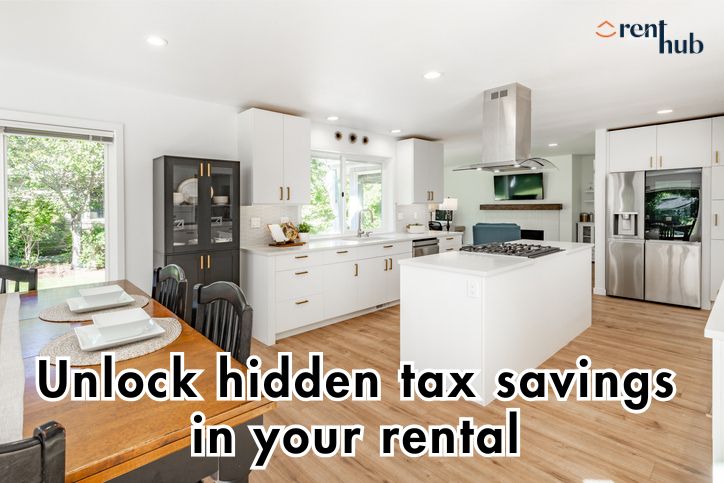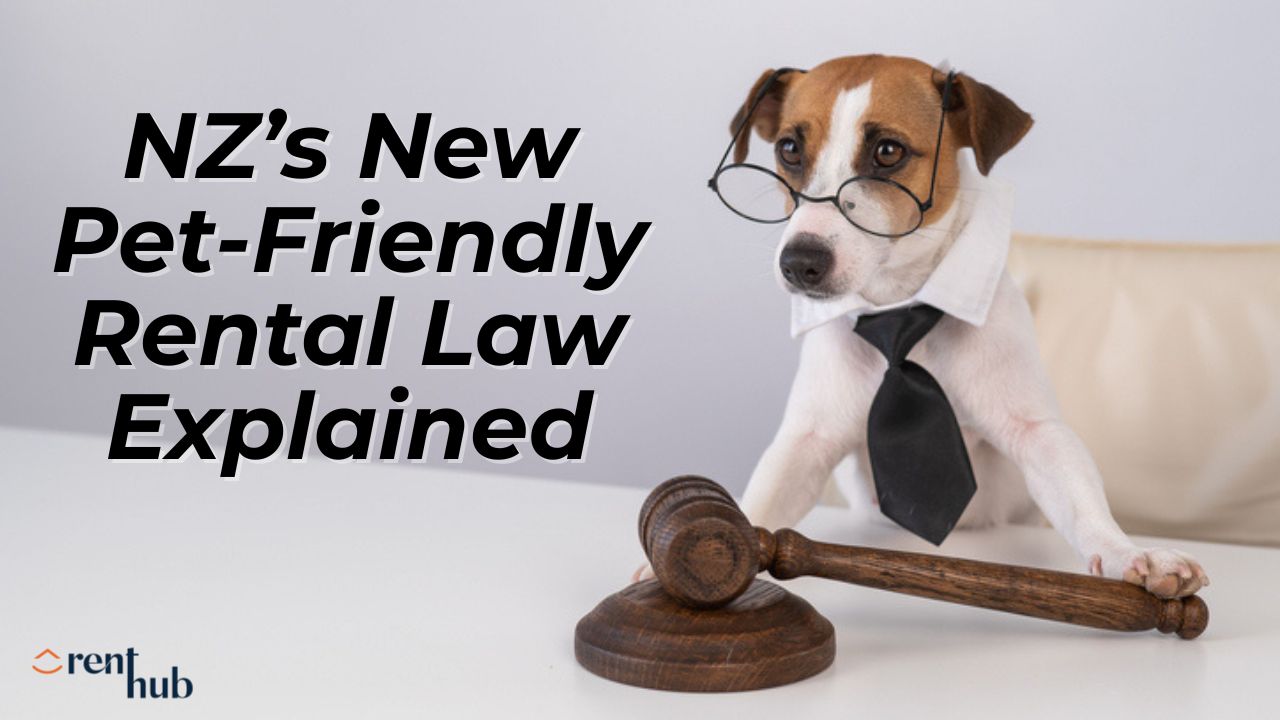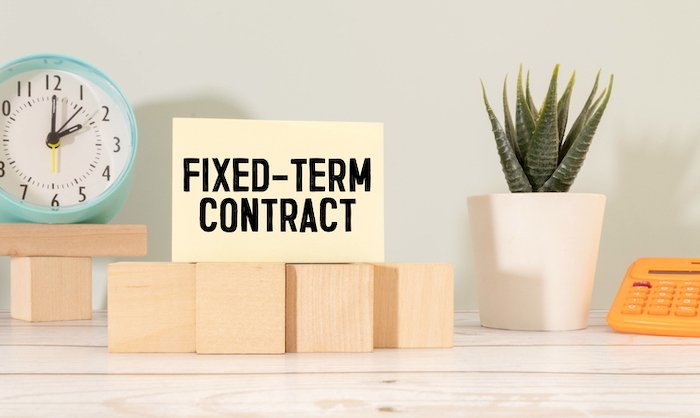Owning an investment property – it’s the Kiwi dream, isn’t it? A steady stream of income, long-term wealth, maybe even a ticket to that retirement lifestyle you’ve always pictured.
But let’s not kid ourselves; it’s not all smooth sailing. Sure, you’ve got the obvious expenses sorted – the conveyancing fees, the building inspections. But there’s a raft of hidden costs lurking in the shadows, waiting to jump out when you least expect them.
Here’s the real story: those sneaky little expenses that often catch landlords off guard. Let’s pull back the curtain and get you prepared for what’s really involved in this property game.
1. Mortgage Repayment Increases
Interest rates – they’re a bit like the tide, aren’t they? They ebb and flow, and when they surge, so do your mortgage repayments. Banks aren’t naïve to this; they factor in a ‘stress test’ rate, usually around 3% higher than what you’re paying now. It’s their way of asking, “Can you handle it if the tide turns?”
So, what’s the smart play here? First off, run your numbers as if that rate hike has already hit. If you’re feeling a bit uneasy, consider targeting properties with a stronger rental yield – that extra income can help cushion those rising mortgage costs.
Or, if you’ve got some breathing room in your budget, aim for properties with capital growth potential, even if the yield isn’t sky-high. It’s about striking a balance that keeps your financial boat steady, no matter how choppy the waters get.
2. Repairs & Maintenance
No matter how shiny or stylish your property might be, at some point, it’s going to need a bit of TLC. Even that brand-new, gleaming build or the classic old villa with all its charm isn’t immune to the odd repair. One day, it’s a leaky tap; the next, it’s the hot water cylinder deciding it’s had enough.
This is just part and parcel of property investing – it’s not a matter of if, but when. So, you’ve got to be ahead of things and have a bit of cash set aside for when things go sideways.
Now, the million-dollar question: how much should you have in your back pocket?
Well, there’s no magic number. Larger homes are going to want a bit more pampering, older properties will definitely demand a bit more love, and if you’ve got a weatherboard, brace yourself – you’re looking at a repaint every 7-10 years.
But if you’ve scored yourself a new build, good news! It should give you a bit of breathing room on the maintenance front for a few years.
If you’re wanting a ballpark figure here’ a couple of formulas that may help:
3. The One Per Cent Rule: Put aside 1% of your property’s value each year for those inevitable repairs and tweaks. For a property worth $700,000, that means tucking away about $7,000 annually.
Property managers, though, often recommend a bit of a lighter touch, suggesting around 0.3% to 0.5% instead – which means stashing $2,100 to $3,500 away each year.
The 1.5 Formula: This one’s straightforward – take your monthly rental income, multiply it by 1.5, and there’s your annual maintenance budget.
Whatever way you slice it, having a buffer means you’re not caught off guard when something does need fixing. It’s all about staying ahead and making sure your investment keeps delivering the goods, year after year.
When you come to the end of the financial year, if you’ve got a bit of a surplus, don’t let it just sit there. Roll it over into a maintenance fund for your portfolio. That way, when a major repair pops up, you’re not scrambling to find the cash – you’ve got it sorted and ready to go.
4. Insurance – It’s More Than You Think
Landlord insurance? It’s an absolute must-have. It’s the armour that shields you from the unexpected – whether it’s property damage, unpaid rent, or those tricky tenant issues.
But let’s not stop there. Take it a step further. Protect yourself with income protection and life insurance. These aren’t just ‘nice-to-haves’; they’re the lifeline that keeps everything steady if you suddenly find yourself unable to work but still need those mortgage payments covered.
The right insurance is like your personal safety net, ready to catch you when life doesn’t play fair. And here’s a golden nugget of advice: sit down with a financial adviser who can tailor the perfect insurance package just for you. Your property and your future self will be all the better for it.
5. Body Corporate fees – The Hidden Cost of Convenience
If you’re investing in an apartment or townhouse, Body Corp fees are part of the deal. They’re your ticket to maintaining those shared spaces – the lifts, the swimming pools, the gardens, all the bells and whistles. And let’s be clear, the more luxurious the facilities, the steeper the fees.
But before you grumble, remember this: these fees aren’t just an expense. They’re what keep your property looking sharp and appealing to tenants, ensuring it stays in top-notch condition.
6. Property Management Fees
Having a property manager in your corner? That’s a real game-changer. They take care of all the heavy lifting – finding tenants, chasing up rent, sorting out repairs. It’s the nitty-gritty stuff that eats up your time.
Now, of course, good service comes with a price tag, and property management fees can vary. But let’s be honest, a quality property manager can be the difference between a smooth-running investment and a constant headache.
Here’s the silver lining: those fees? They’re tax-deductible, so it’s not all bad news.
A top-notch property manager doesn’t just keep things ticking along – they help you attract and keep quality tenants, maintain your property’s value, and ensure you’re squeezing every bit of potential out of your investment for the long haul.
Final Thoughts
Owning an investment property isn’t just a matter of sitting back and watching the rent roll in and the equity climb – there’s a bit more to it. There are costs that come knocking, often when you least expect them.
But here’s the thing: with a bit of forward planning, you won’t be caught off guard. Having the right financial buffers in place, and getting advice from the experts, that’s your ticket to navigating the ups and downs of property investment with confidence.
Need help managing your investment property or just want some guidance? Reach out to Renthub – we’re here to make your property journey as smooth as possible!



